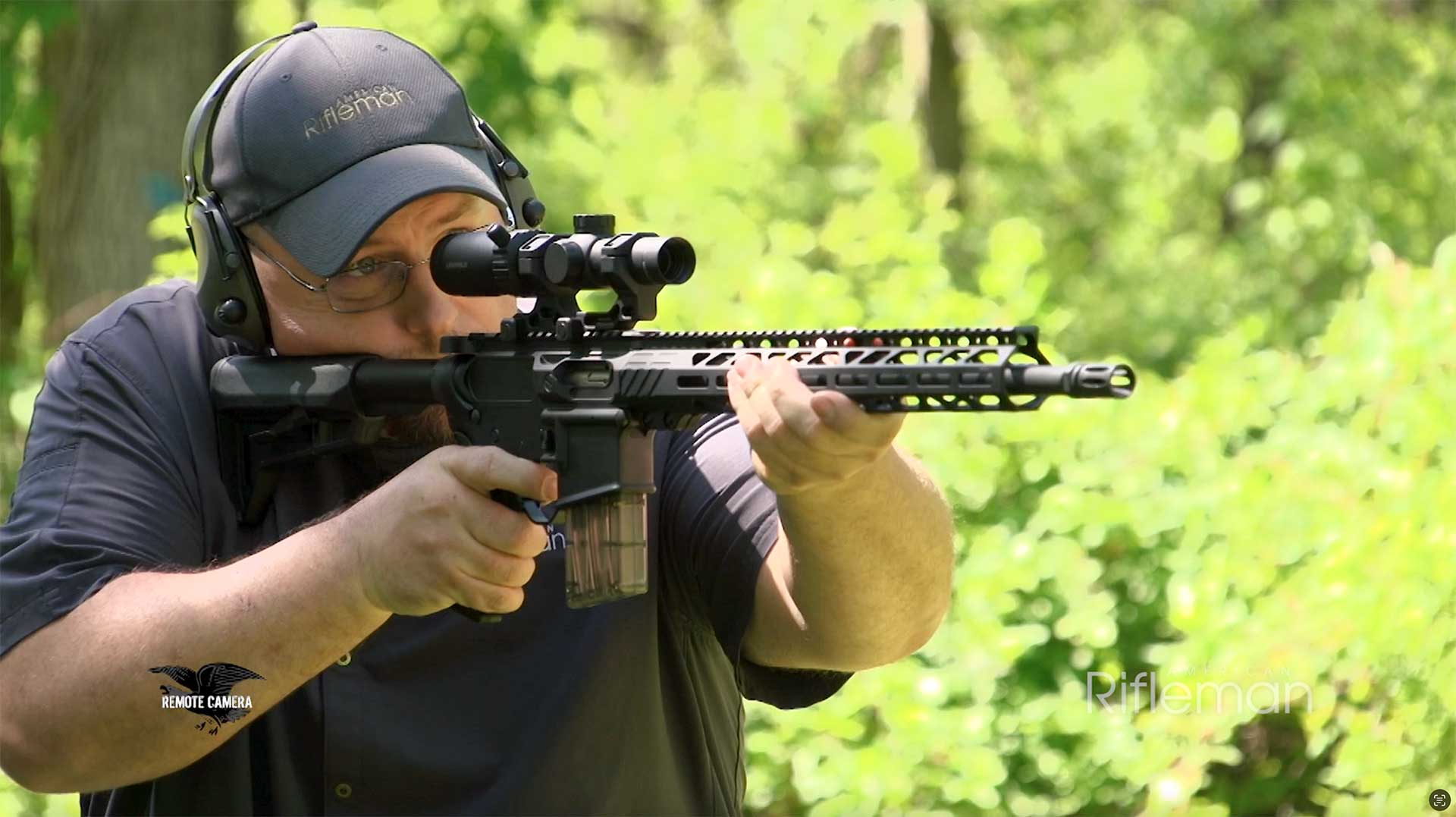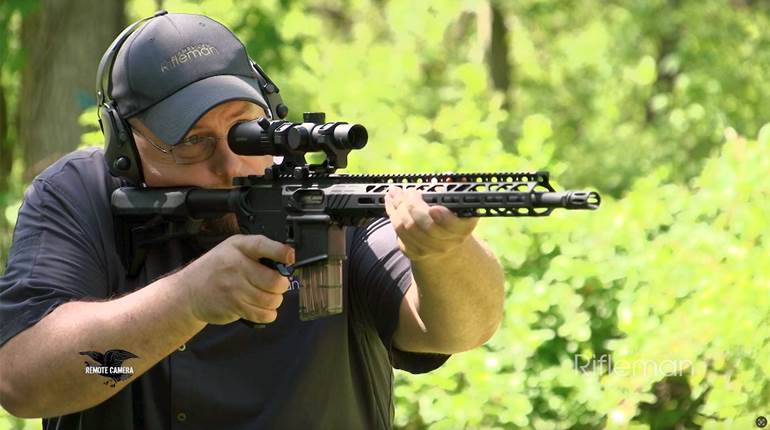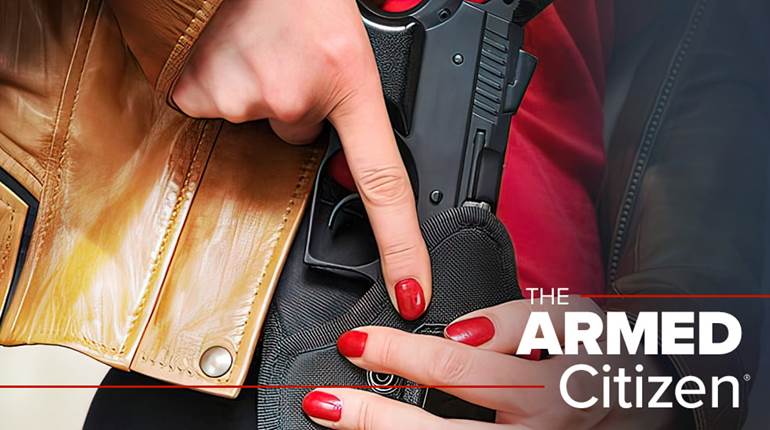
Every 13 seconds in the United States a firearm is used in self-defense. And every time a firearm is used in self-defense, even just the brandishing of it, there will be an investigation.
Those are facts stated by defense attorney Sean Maloney during a “Lethal Force and the Law--Universal Concepts Gun Owners Must Understand” seminar presented at the 2016 Great American Outdoor Show. “If you ever find yourself in such a situation, will you be ready? Will you be ready for the aftermath of using lethal force? Who are you going to call?” he asked the audience. 
Maloney is a team member with Second Call Defense, an insurance-backed program that offers immediate support for gun owners who are forced to defend themselves or their family with a firearm. He has practiced law for nearly 25 years, the last decade of which has been almost exclusively in firearm-related law—including 2nd Amendment rights, firearm-related defense and federal NICS appeals.
Maloney said one of the first steps in mentally preparing for a potential future self-defense scenario is to talk to a local attorney familiar with the laws of your state. Self-defense laws can vary drastically from state to state, and Maloney cautioned that ignorance is not a valid defense.
“Be aware that in some states you legally have a duty to retreat. If you live in one of those states you can only legally resort to lethal force if there’s no other option available to you,” he said. “And the old defense of, ‘I didn’t know,’ doesn’t fly in a courtroom. Saying, ‘Well, it’s not that way in Pennsylvania,” isn’t going to work either.”
According to Maloney, lethal force is only permissible in cases where the actor is in fear of immediate, unavoidable death or serious bodily harm. However, this determination is ultimately subjective, as a situation that one person finds to be life threatening, another person may not, he said.
As such, if you ever find yourself in court defending the actions you took while defending yourself, he said it will be the job of the defense attorney to convince the jury that you acted in the same way that any “reasonable person” in the same situation would have.
Maloney also cautioned the attendees to limit what they say to the dispatcher after calling 9-1-1 to report an instance of armed self-defense. He said the human body undergoes a tremendous transformation following an intense interaction such as a self-defense scenario, and that this internal chemistry change makes you an unreliable eye witness who is better off keeping your mouth shut.
“If you’re ever forced to use a firearm to defend yourself you’re going to have a rush of adrenaline and your stress hormones are going to rise a lot; you’ll develop tunnel vision of the perceived threat, auditory exclusion, a loss of fine motor skills, memory loss and a skewed perception of time and space,” Maloney warned. “If you talk immediately following an incident you may not be accurate at all, so don’t talk. Don’t try to plead your case on the phone. It’s not that we want to lie, just that because of what is happening to our bodies, we lack the ability to accurately recount what just occurred—so don’t try.”
Maloney is a member of the National Association of Criminal Defense Lawyers and has served as an expert witness in multiple civil lawsuits related to firearms. He is also a member of the NRA Board of Directors, an Election Volunteer Coordinator with the NRA’s Institute for Legislative Action and a Certified NRA Instructor in multiple disciplines.






































